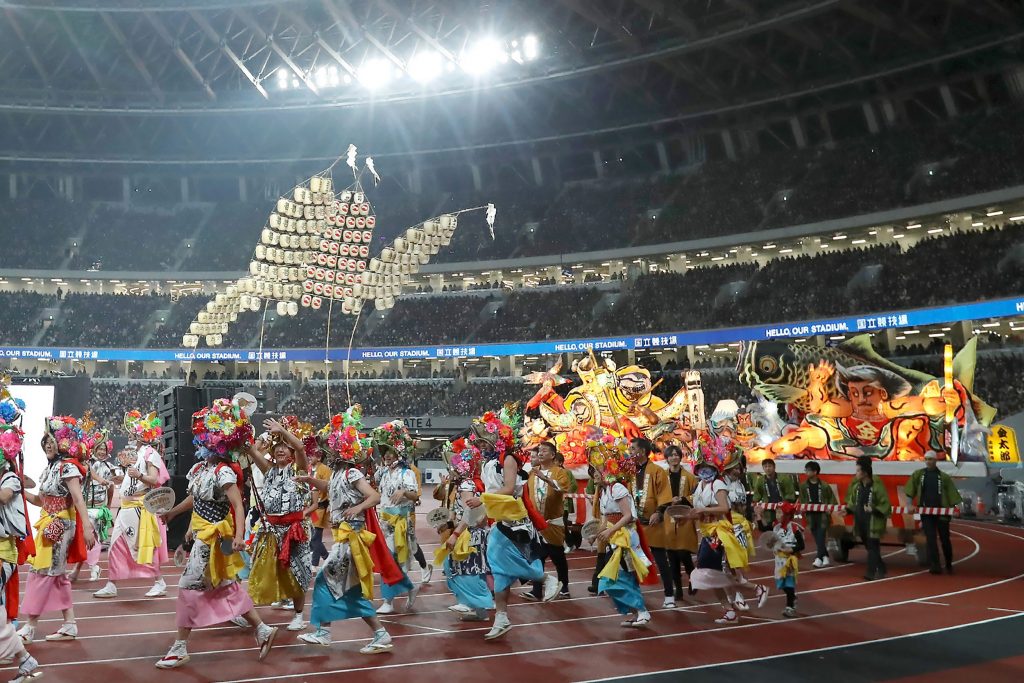
- ARAB NEWS
- 19 Apr 2024

Tokyo
An economic boost from the Olympic Games is often followed by a downturn, and there are widespread anxieties that the 2020 Tokyo Games will be no exception.
Economists are divided over whether Japan will be able to avert a so-called Olympic cliff. Some economists pin hopes on stimulus measures the government has mapped out, but others are wary of a fallback in consumer spending.
An Olympic cliff refers to a recession caused by a sharp drop in investment due to the disappearance of huge demand for infrastructure development after the quadrennial sporting event.
After the 1964 Tokyo Olympics, the Japanese economy suffered a slowdown in growth and subsequently plunged into a slump. Host countries likewise faced economic stagnation after the 2000 Sydney Games and 2004 Athens Games.
The Japanese government put together an economic stimulus package totaling about 26 trillion yen in early December, aiming in part to shore up the economy after the 2020 Olympic and Paralympic Games.
Izumi Devalier, head of Japan economics at Bank of America Merrill Lynch, said concerns over the post-Olympics economy are unfounded. A steep drop in construction investment will likely be avoided thanks to planned large-scale construction projects and public investment, she said.
Yunosuke Ikeda, chief equity strategist at Nomura Securities Co., said, “An economic slowdown is possible in a country with a small economy, but the effects (of the end of the Olympics) will be limited in Japan.”
Many other economists express worries about the course of consumer spending. The Tokyo metropolitan government estimated in spring 2017 that the 2020 Games will push up consumer spending by some 500 billion yen, but it will be difficult to prevent a fallback after the extravaganza.
Norihiro Fujito, chief investment strategist of Mitsubishi UFJ Morgan Stanley Securities Co., said consumption may remain in the doldrums for a long time as a point reward program for cashless purchases, introduced to cushion the blow of the consumption tax increase in October, is set to expire in June 2020, the month before the Olympics open.
In addition to a weakening in consumption, Hideo Kumano, chief economist at the Dai-ichi Life Research Institute, predicts an aftershock from the consumption tax hike and a slowdown in the global economy.
In order to buttress the economy, Kumano stressed the need to promote deregulatory measures that contribute to reinvigorating corporate activities and wage hikes aimed at stimulating consumer spending.
Jiji Press